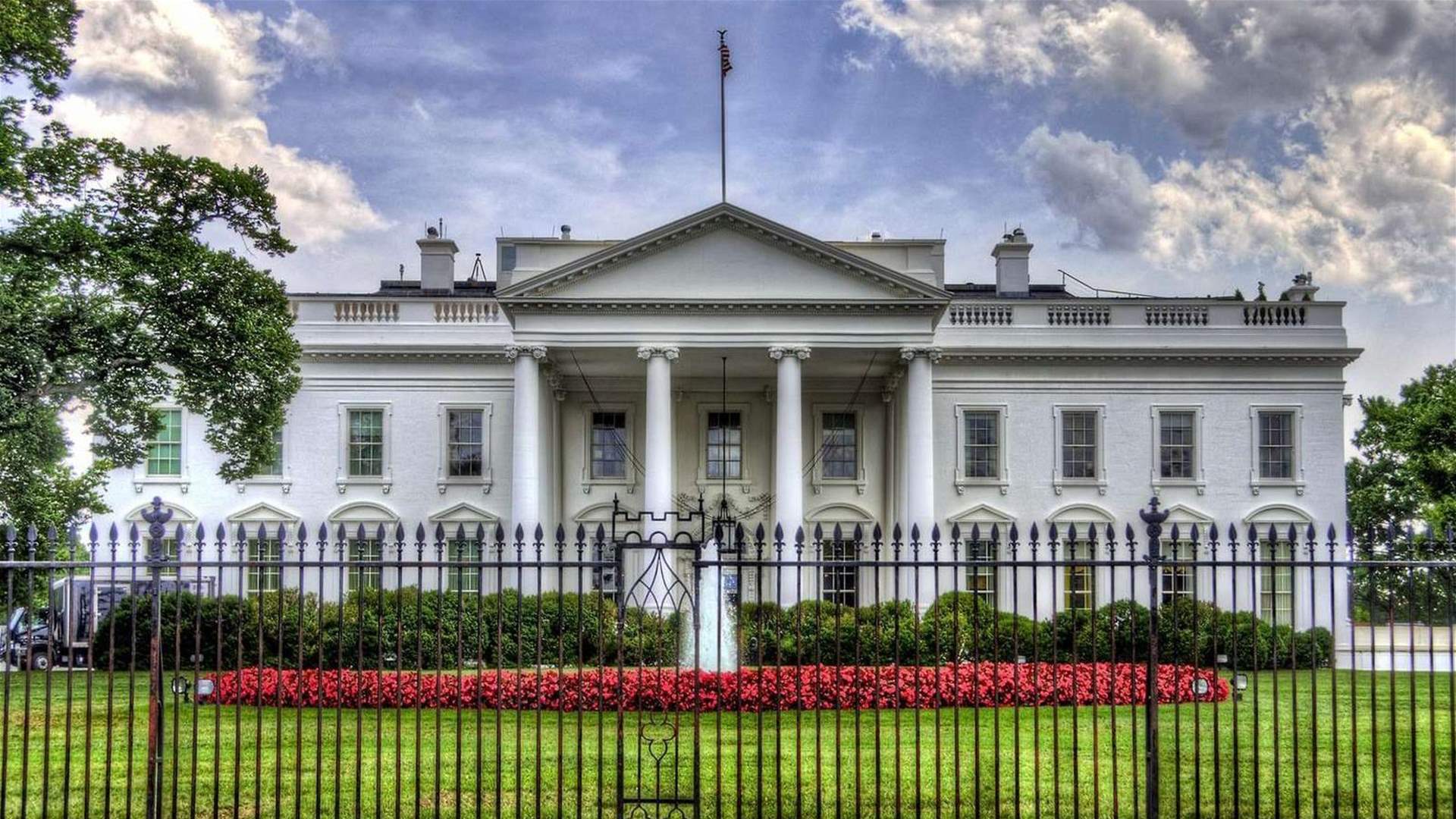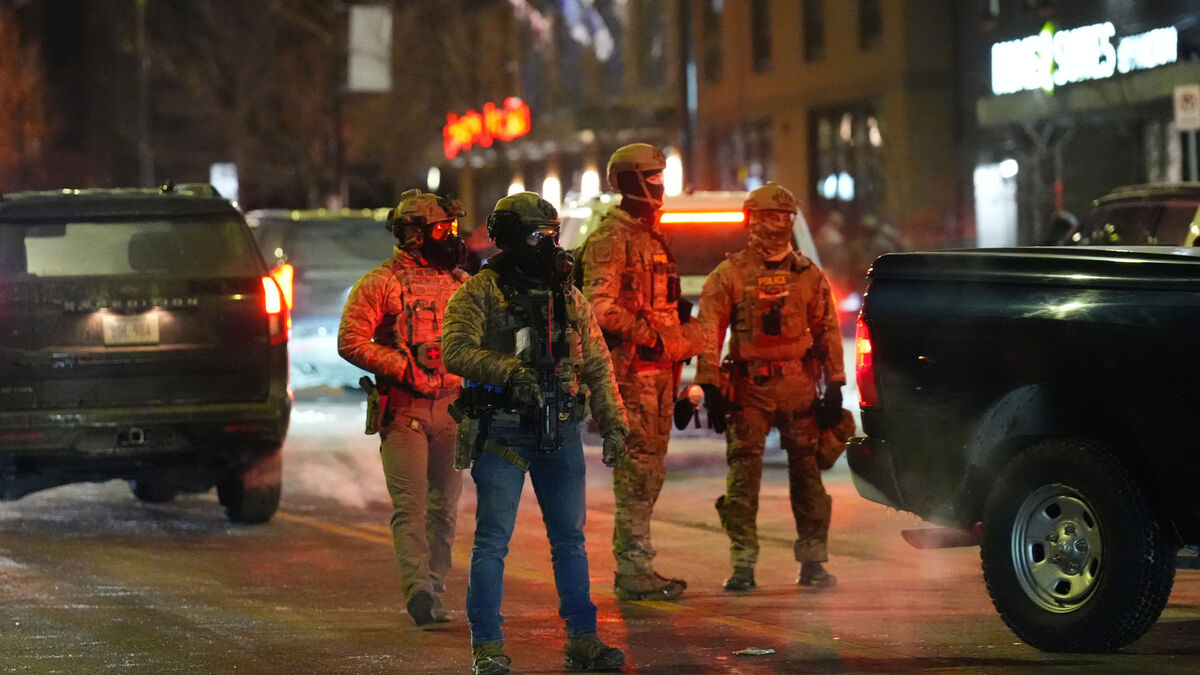
Testimony Reveals Serbian Journalists Detained by Kosovo Liberation Army During 1998 Conflict
March 24, 2025
Russian Journalist Maria Ponomarenko’s Sentence Extended Amid Allegations of Prison Abuse
March 24, 2025March 24, 2025 – USA –
A major security breach has rocked the Trump administration after it was confirmed that journalist Jeffrey Goldberg, editor-in-chief of The Atlantic, was accidentally added to a Signal group chat containing classified military plans. The group, named “Houthi PC Small Group,” included Vice President JD Vance, National Security Adviser Mike Waltz, Defense Secretary Pete Hegseth, and CIA Director John Ratcliffe. Goldberg received detailed operational information just hours before the U.S. launched airstrikes on Houthi targets in Yemen on March 15, 2025.
The White House admitted the mistake, stating that Goldberg’s inclusion was unintentional and announcing an internal review. The leak included specifics on strike timing, asset locations, and even the identity of a covert CIA operative. Goldberg published screenshots confirming the authenticity of the messages, prompting alarm from both security experts and lawmakers.
Criticism has mounted over the use of Signal for such sensitive communications. Though Signal is encrypted, it is not authorized for classified messaging, and national security regulations require that any sensitive content be transferred immediately to secure government channels. This lapse has been characterized as an extraordinary failure in operational security.
Defense Secretary Hegseth downplayed the incident, accusing Goldberg of exaggeration and denying that any truly sensitive intelligence had been shared. However, Goldberg’s report suggests otherwise, as his screenshots revealed names, timelines, and international intelligence collaboration, including Israeli-provided data.
The political backlash has been swift. Senate Minority Leader Chuck Schumer called it “one of the most disturbing breaches of military security in modern history.” European allies also reacted strongly after derogatory remarks about them were revealed in the chat, where they were referred to as “freeloaders.” Israeli officials expressed outrage over the unintentional exposure of their intelligence contributions.
This incident has ignited calls for greater oversight of how U.S. officials handle classified information and raised concerns about the administration’s internal communication protocols. The fallout continues to unfold, with demands for accountability and urgent reviews of national security practices now underway.
Reference –




